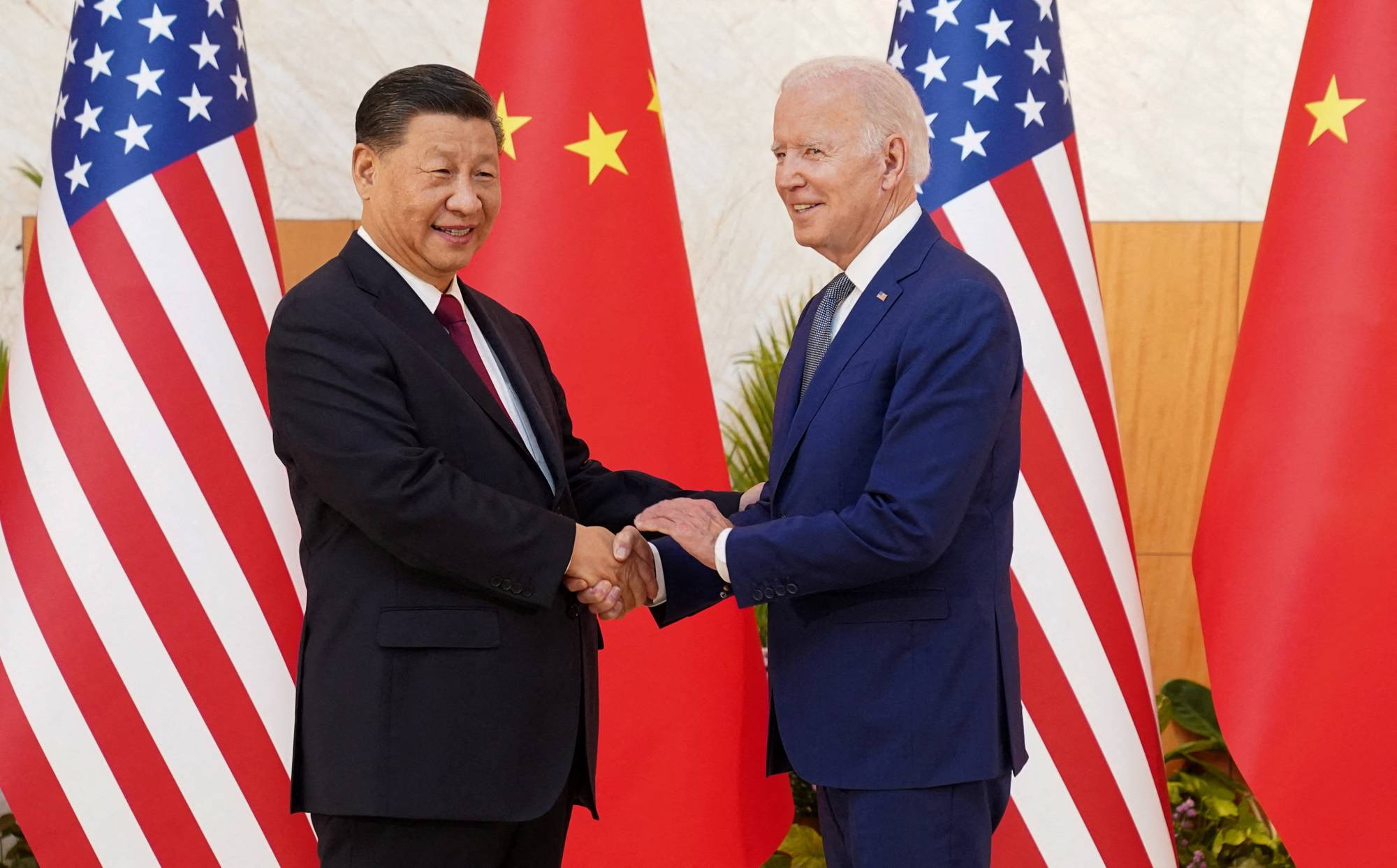U.S. Secretary of State Antony Blinken has a message for China: “Stop sending weapons tech to Russia, or we’ll make you suffer.”
Next week, he’s hitting China with a tough talk during his visit. He’ll tell them straight up — the U.S. and its buddies are fed up with China’s constant aid to Moscow, helping rebuild Russia’s military might with everything from microchips to big engine tech.
And guess what? The U.S. is thinking about slapping sanctions on Chinese banks and other places that keep this up.
Strong Warnings and Tough Talks
Blinken’s trip is business, and it’s serious. He’s set to meet with Chinese officials in Shanghai and Beijing from April 24 to 26. Blinken will bring up these heavy issues with Chinese Foreign Minister Wang Yi himself. The message is clear and will be the sternest one delivered directly so far. The U.S. has been cranking up the pressure, making its stance known in recent meetings with European allies and the big G7 group.
But it’s not just about the warnings.
The U.S. is on edge because China’s actions are messing with European security. They’re sending over tech that can be used for both civilian stuff and military might, trying to play it cool with Europe while fueling Russia. Kurt Campbell, the Deputy Secretary of State, laid it out plainly, saying this dual game China’s playing is not cool.
Now, the Europeans are getting the hint too.
At a G7 meeting in Capri, other countries told the U.S. they might also start leaning on China. And it’s not just empty threats. Joe Biden last December warned foreign banks with an executive order: help Russia, and you can say goodbye to the U.S. financial system. Some of China’s top banks took the hint and stopped certain payments from Russia, especially those tied to critical tech components.
Sanctions, Pressures, and Election Tensions
This whole situation is getting stickier because the U.S. isn’t just talking big. Treasury Secretary Janet Yellen pressed the issue during her recent China visit. Even Biden got on the phone with Chinese President Xi Jinping, telling him it’s time to rethink their stance. But will China budge? It’s too soon to tell, says Campbell.
The U.S. isn’t keeping this a two-player game. They want Europe to step up the pressure, thinking it might make China rethink its moves, especially since China’s own economy is feeling the pinch. So far, Europe’s been slow on the sanctions game, hitting only three Chinese groups compared to the U.S.’s hundred.
And the tech flow isn’t small potatoes. Last year, 90% of the chips Russia got came from China, used in everything from missiles to tanks. About 70% of Russia’s machine tool imports, likely used for making ballistic missiles, also came from China. This info came out when U.S. officials recently listed exactly what tech China’s been sending over to Russia.
But Blinken’s not just going to talk shop about sanctions and military tech. He’s also set to bring up touchy subjects like the South China Sea, trade issues, and Taiwan. Especially with Taiwan’s new leadership coming in soon. China’s not expected to take this lightly. They’ve been clear. Push them, and they’ll push back hard.
Amid all this, the U.S. is deep in election mode, and the Biden administration can’t afford to look weak. They’ve got to show they’re strong, despite the political mess back home. And while they’re pushing China to play fair, they’re also dishing out billions in military aid to Ukraine, trying to show the world they’ve got the muscle to handle big problems, even if they blame China for making things tougher.
So here it is: Blinken’s gearing up for some serious talks, and the world’s watching. Will this tilt the scales, or are we looking at more frosty chats? Well, only time will tell, but one thing’s clear. The U.S. is not messing around. But then again, neither is China. Ha!





